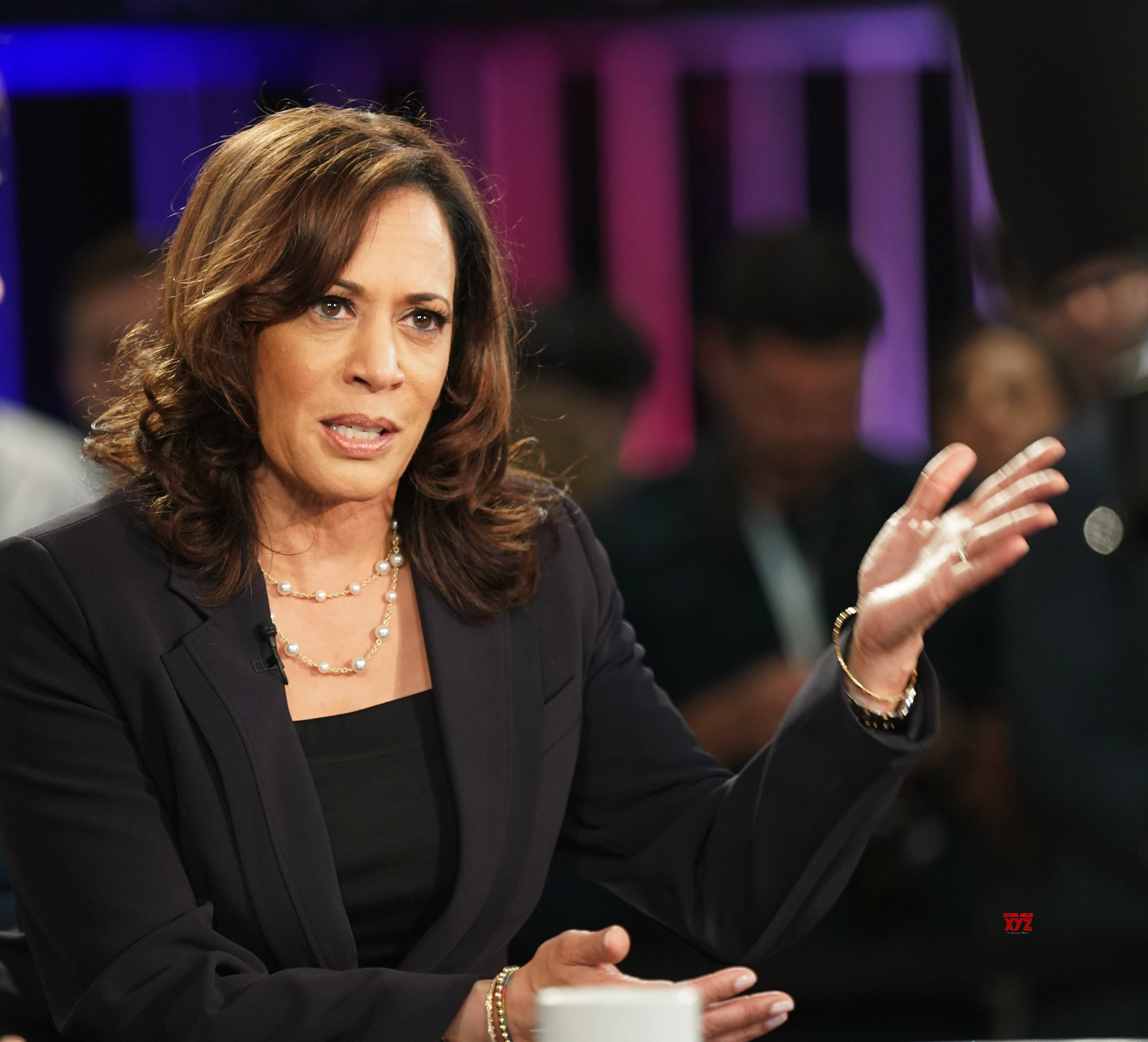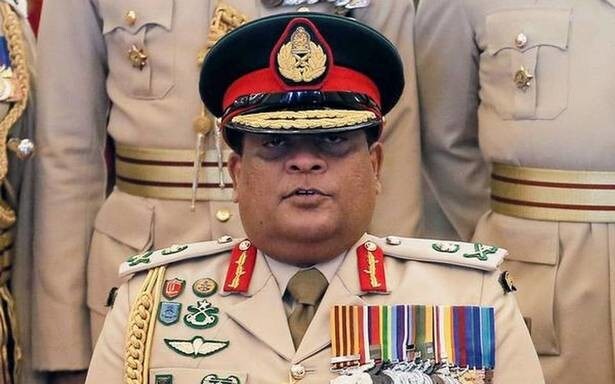 WASHINGTON: The mother of Otto Warmbier, the young American who died after alleged torture by North Korea, on Friday demanded no let-up in pressure on the regime she called “cancer on the Earth.”
WASHINGTON: The mother of Otto Warmbier, the young American who died after alleged torture by North Korea, on Friday demanded no let-up in pressure on the regime she called “cancer on the Earth.”
Joining families of abducted Japanese who have pressed for years for answers from North Korea, Cindy Warmbier said she did not oppose President Donald Trump’s diplomacy with Pyongyang but voiced concern for the future.
“North Korea, to me, is a cancer on the Earth. And if we ignore this cancer, it’s not going to go away. It’s going to kill us all,” said Warmbier, who asked to look at pictures of her son so she could maintain her composure.
“Unless we keep the pressure on North Korea, they are not going to change and I am very afraid that we are going to let up on this pressure,” she told the event at the Hudson Institute.
Warmbier, a University of Virginia student, was imprisoned during a tour of the authoritarian state after being accused of taking down a propaganda poster.
Doctors said he suffered severe brain damage while in detention, fell into a coma and died days after arriving back in the United States in June 2017. He was 22.
“My gorgeous boy, who every girl had an immediate crush on, looked like a monster. The look in his eyes — which, I didn’t know, he was blind at the time — was absolute horror, horror like he had seen the devil. And he had. He was with the devil,” she said.
Otto Warmbier’s case has returned to the public spotlight after the US diplomat who brought home Warmbier confirmed that he signed a promise to pay 2 million to North Korea after the regime presented a bill for his hospitalization. Trump, however, said that the United States never paid.
“I don’t fault anyone for signing to get Otto home,” Warmbier told reporters after the event.
“If I had to, I would have raised money, and I wish they had asked for the money from day one, because it was all about hostage-taking,” she said.
Trump has expressed fondness for North Korean leader Kim Jong Un and voiced hope they can make history together by sealing a denuclearization accord, even though their second summit, in Hanoi, ended in deadlock in February.
In a return of diplomacy, the US envoy in charge of North Korea, Stephen Biegun, will visit US allies Japan and South Korea next week, the State Department announced.
Japanese Prime Minister Shinzo Abe, in an interview published Wednesday with the conservative Sankei Shimbun newspaper, said that he was willing to meet Kim without conditions and to “talk with him frankly with an open mind.”
Abe had built his career pushing for a hard line on North Korea over its abductions of Japanese citizens in the 1970s and 1980s to train the regime’s spies.
The youngest and most emblematic of the 17 abduction victims officially recognized by Japan is Megumi Yokota, who was snatched on her way home from school in 1977 when she was just 13.
Her brother Takuya Yokota, joining Warmbier in Washington, said that the families were confident that Abe would still press the abduction issue — and that they asked for a similar focus during talks this week with US officials.
The North Koreans “have continued to lie, and for that reason the situation doesn’t warrant optimism,” Yokota said.
“We are opposed to any easing of sanctions so long as the abductions and other human rights issues are not resolved. That has been a message that we have repeated over and over again,” he said. AFP






